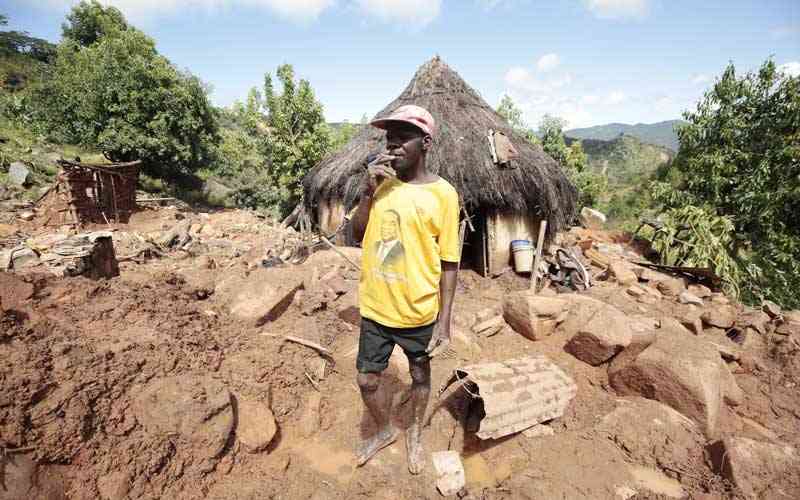
Tackling Climate Change and Energy Transitions Project (TaCCET-Zim) welcomes the declaration by Global Youth Assembly (GYA) on Climate Justice and further welcomes the deal reached on the operationalisation of the Loss and damage Fund at CoP 28 under the chairmanship of the United Arab Emirates (UAE).
The GYA declaration called for an inclusive approach to climate governance that acknowledges the disproportionate impact of the climate crisis on our communities and the need for systemic and radical action.
TACCET Zimbabwe acknowledges the devastating impacts of climate disasters on the most impoverished and vulnerable communities of Zimbabwe.
Victims of Cyclone Idai, which devastated eastern districts of Zimbabwe in March 2019 remain trapped in extreme poverty as they lack financial resources to rebuild their lives.
Most of the families that lost loved ones in the disaster suffer psycho-social trauma owing to the failure to locate the final resting places of their loved ones.
Many of the survivors are still traumatised from the events of that fateful night and have still not received adequate healing support.
The loss and damage fund should assist with the psycho-social support, exhumation of remains of those buried in Mozambique, positive identification, and repatriation of the remains to Zimbabwe for decent burials.
The families need closure.
- Matiza’s widow in estate wrangle
- SA insurer targets Zim after US$2.4 million payouts
- Addressing climate change the green building way
- Hit hard by storms and forest loss, Zimbabweans building stronger homes
Keep Reading
Over the years Zimbabwe has witnessed extreme weather events which ruined livelihoods and displaced thousands of families.
Tokwe Mukosi, Tsholotsho, Muzarabani are some of the areas devastated by floods and this serves to show that climate-related crises are only going to increase in the future.
In Hwange there are children with disabilities emanating from coal seam fires – a phenomenon linked to coal mining.
The majority of the victims are permanently disabled because they did not receive specialist treatment.
Some victims are now adults but are unable to find gainful employment due to their physical conditions.
People living with albinism are also suffering health complications due heatwaves and general rising temperatures.
This requires constant medication and particular lotions needed to adapt to the hot temperatures.
We welcome the move by the Adaptation Fund to endorse the Guiding Principles for Financing Climate and Health Solutions which aims to improve the health of vulnerable populations facing climate related health risks.
TaCCET-ZIM, therefore, calls on the government of Zimbabwe to:
- Use loss and damage fund and the adaptation fund on communities and segments of our population that have suffered the most from climate variabilities.
- Compile an accurate database of individuals and families that have suffered losses and damages due to climate change, and as such, ensure that recourse is made available to these individuals. The nature and severity of losses and damages ought to be quantified and monetized to ensure compensation and assistance with adaptation funds.
- Provide full disclosure of funds received in line with Article 13 of the Paris Agreement.
- Revise its disaster response strategies to include localized emergency responses, evacuation procedures and mobile clinics.
- Zimbabwe’s own national budget must also address loss and damage as well as climate change adaptation, especially for vulnerable communities.
Stories of communities that have suffered severe losses due to climate change such as Chimanimani, Hwange, Tokwe Mukosi, Tsholotsho should headline government engagements with the various funding opportunities opening up under the auspices of UNCCC. - TaCCET-ZIM










